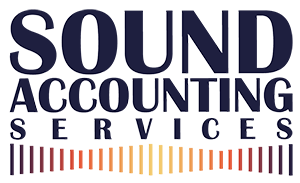HMRC recently confirmed changes to the rules for travel and subsistence payments made by employers. What are they and when will they apply?
Exempt travel expenses. As an employer you can reimburse or pay your employees’ (including directors) travel expenses for bona fide business journeys tax and NI free. You can also reimburse the cost or pay for food and drink for an employee when they travelon business. Alternatively, HMRC allows you to pay a flat-rate tax and NI-free subsistence allowance to employees instead.
Tax-free allowances. Paying a flat-rate allowance can save you time and prevent employees overdoing their expenses. However, HMRC still requires you to check that the employees have spent at least some allowance on food and drink (they aren’t required to spend it all).
Tip. You can choose to pay subsistence allowances at HMRC’s approved benchmark rates or negotiate higher amounts (see The next step ).
What’s changing?For subsistence allowances paid on or after 6 April 2019 you won’t be required to make any checks of employees’ receipts. Instead you need only satisfy yourself, and HMRC if it asks, that the employee actually travelled on business, e.g. provide a copy of their appointments diary. The relaxation of checking procedures only applies where you pay subsistence within HMRC’s benchmark rates. If you pay a negotiated rate you must still check that some money has been spent on food and drink.
Overseas travel. A further change to travel expenses applies from 6 April 2019. Payments of round sums to employees fortravel, subsistence and accommodation costs incurred while on business abroad, which are in line with the government’s approved rates, will be allowed by law rather than by HMRC practice (see The next step ).
Reproduced with the permission of Indicator – FL Memo Limited. For subscription information call 01233 653500;
